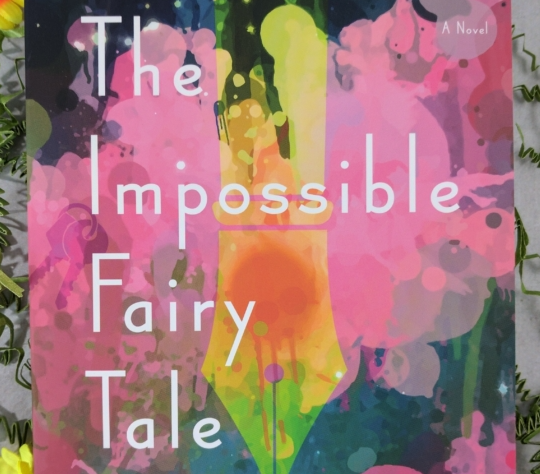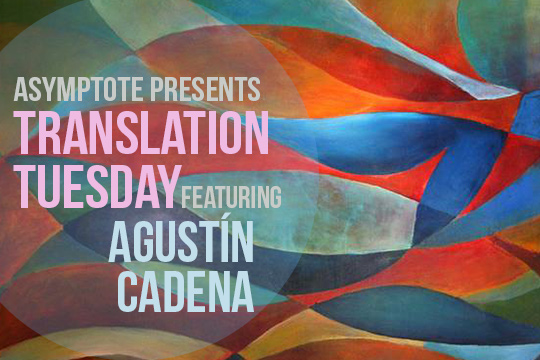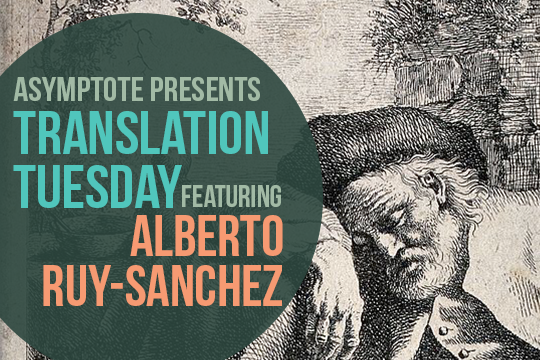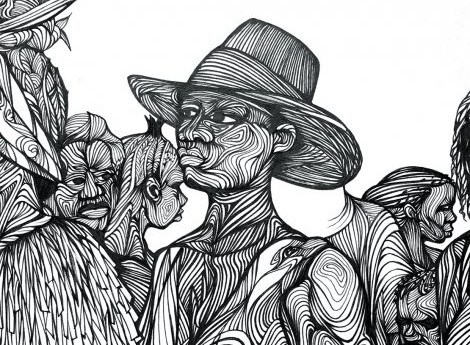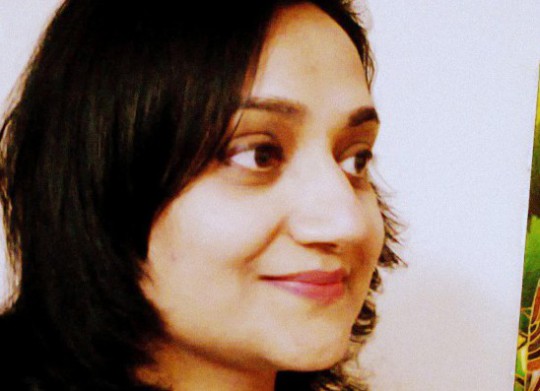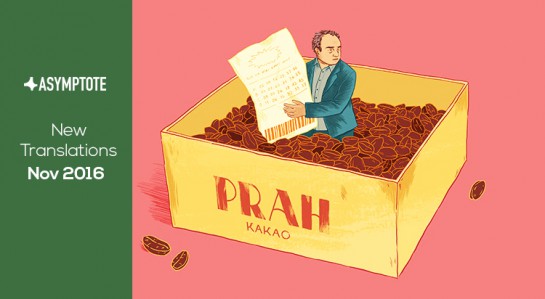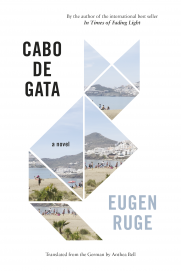Our team is always keen to keep you up to speed on the most recent prizes, festivals, and publications regarding the most important writers around the world. With this in mind, we are excited to bring you the latest news from our editors-at-large in Mexico, Central America and Indonesia. Stay tuned for next week!
Paul Worley and Kelsey Woodburn, Editors-at-Large, reporting from Mexico:
The Tsotsil Maya poetry and book arts collective Snichimal Vayuchil held a book presentation for its latest publication, Uni tsebetik, on November 30 at the La Cosecha Bookstore in San Cristobal de las Casa, Chiapas, Mexico. A collection of works by the group’s female members, the volume was introduced by the Tsotsil sculptor and multimedia artist Maruch Méndez and anthropologist Diane Rus. The event is part of a big month for the group, which includes the publication of their selected works translated into English, and a reading of works from Uni tsebetik at the Tomb of the Red Queen in the Maya archeological site of Palenque.
The same night, the State Center for Indigenous Languages, Arts, and Literature (CELALI) held a book presentation for its latest publication, Xch’ulel osil balamil, by poet and artist María Concepción Bautista Vázquez. The anthology Chiapas Maya Awakening contained her work in an English translation by Sean S. Sell, who was interviewed in Asymptote in April.




